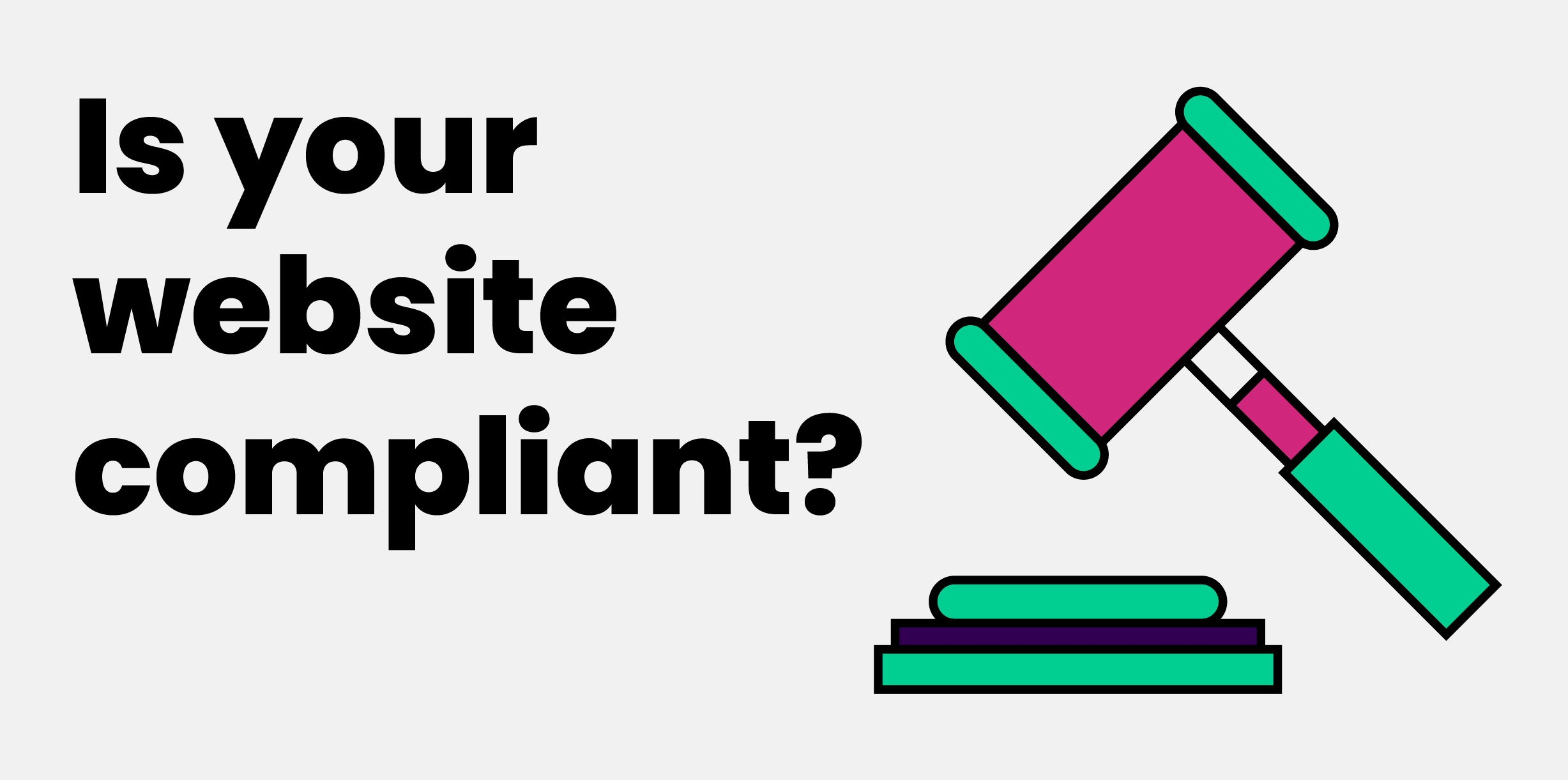As a website owner, you are legally required to ensure your website’s compliance with current laws and regulations. While we are not a legal professional, we’d like to offer insights into key areas businesses should focus on. Remember to consult with a legal expert for specific inquiries.
Here are 6 critical website legal requirements:
Business identity disclosure
The Companies Act 2006, an extensive UK legislation, mandates you to display specific information about your company on your website, such as:
- Company name
- Registered number
- Place of registration (e.g., England and Wales)
- Registered office address
- Company name, postal address, and email address
- Non-electronic contact method
- VAT number (even for non-e-commerce websites)
- Trade body or professional association memberships
User data consent
The GDPR, effective since May 2018, enhances individuals’ rights regarding their personal data processing. To ensure GDPR compliance:
- Set default contact form preferences to “no” or blank, requiring active opt-in
- Allow easy consent withdrawal or opt-out
- Collect minimal information on forms
- Notify users of tracking cookies
- Implement a data breach process
Company policies and procedures
Include these standard pages on your website:
- Privacy policy detailing personal data collection and usage
- Cookie disclosure (can be part of the privacy policy)
- Disclaimer outlining website information usage and liability (can be part of the privacy policy)
Consumer protection
For online selling, comply with online and distance selling regulations, electronic commerce regulations, and the Consumer Rights Act. Key considerations include:
- Providing pre-order information (costs, payment terms, delivery arrangements, cancellation rights)
- Supplying post-order information (contract copy)
- Ensuring satisfactory order fulfilment
- Guaranteeing product/service quality, fitness, and accurate description
Cybersecurity and personal data protection
Follow the Information Commissioner’s Office’s technical security processes to safeguard personal data from compromise:
- Use an SSL certificate for data encryption
- Update website software, including the operating system and content management system
- Test for security vulnerabilities
Copyright respect
Assert your copyright while respecting others’:
- Use licensed or copyright-free images
- Detect potential copyright infringement by others
- Protect your website’s copyright
This guide aims to help with your ongoing website improvement efforts. Ready to ensure your website is legally compliant and avoid potential penalties? Let Studiovine guide you through the essential website compliance requirements. Contact us today to discuss your web development needs and take the next step towards a fully compliant website.


